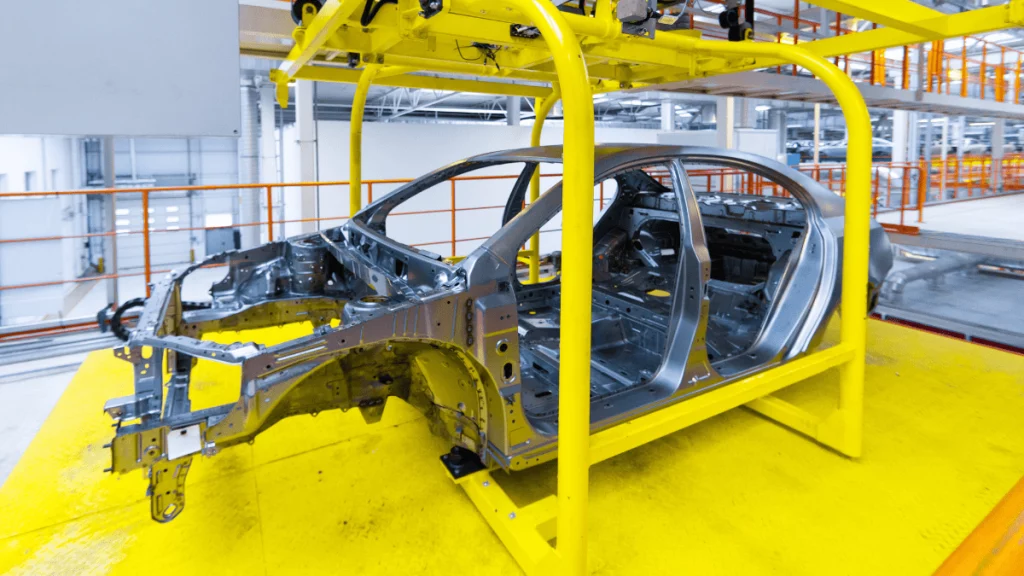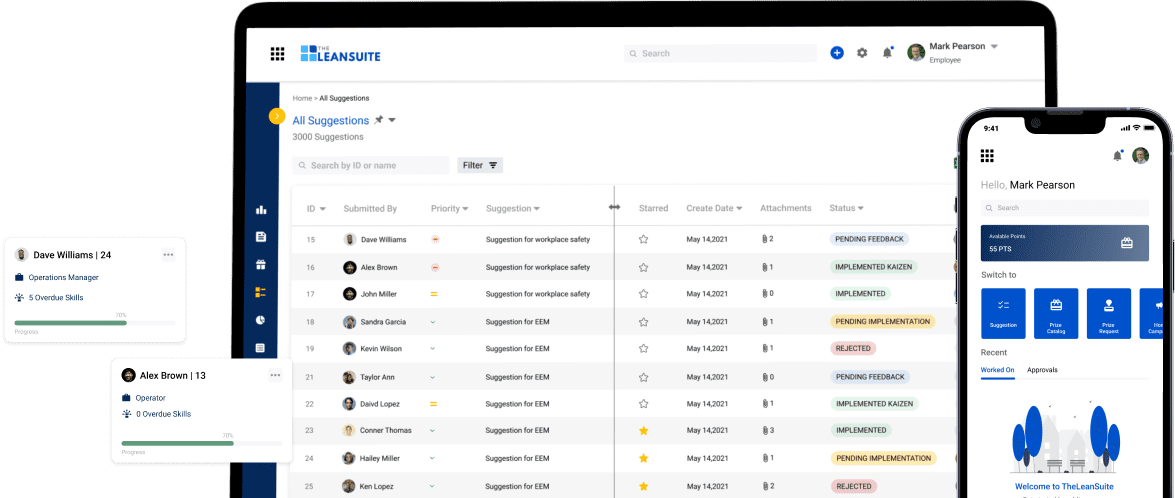The Toyota Production System
The Toyota Production System (TPS) is an original manufacturing philosophy that aims to eliminate waste and increase efficiency. It was developed by the Toyota Motor Corporation during the second half of the 20th century and has benefited many automobile manufacturers. But, it has since been studied and modified to work with other manufacturing industries and businesses as well.
Today, the Toyota Production System is more generically known as “lean manufacturing,” “just-in-time production”, and “just-in-time manufacturing”. In fact, it is recognized as one of the key contributors to the development of lean manufacturing and many other lean principles that people are familiar with today.
When learning about the Toyota Production System, it is common to visually depict the system as a house. When building a home, it goes through renovations as time passes due to outdated or broken materials, appliances, etc. In short, TPS operates the same way — updating old and broken down systems to new and improved ones.
Essentially, the purpose of the Toyota Production System is to identify and minimize three primary barriers from optimal allocation of resources within the system. Those three primary barriers are known as the 3 M’s and they are:
- 1. Waste (Muda)
- 2. Unevenness (Mura)
- 3. Overburden (Muri)

The Toyota Production System is based on two concepts:
Jidoka
The Toyota Production System uses Jidoka, a Japanese term that translates to “automation with a human touch”. It is a concept that helps manufacturing companies prevent the production and delivery of low quality or defective products to their customers. In short, Jidoka relies on four basic principles to ensure that manufacturing companies deliver the best possible product:
- 1. Discover an abnormality
- 2. Stop the process
- 3. Fix the immediate problem
- 4. Identify and solve the root cause of the problem
By applying the Jidoka concept into your operations and processes, anyone in your workforce can immediately stop the workflow as soon as they notice a problem that affects the quality of your product.
Just-in-time
Just-in-time is the second concept that the Toyota Production System uses. It is about making only what is needed, when it is needed, at every stage of the production process. As a result, this eliminates waste, makes quality consistent, and produces an even production flow. Therefore, making processes more efficient. However, to successfully implement this concept, the production line needs to carry all the right parts, in the right order, at the moment production begins. As current parts are utilized, new parts are delivered at the right time, in the right quantity. This ensures that there is no interruption or slow-down in the production process.
In essence, Just-in-time requires manufacturers to be able to forecast demand accurately. It is also important to note that Kanban is integral to the Just-in-time concept. That is to say, it provides an automatic, real-time method for replenishing parts at the side line, and keeps stock minimal.





